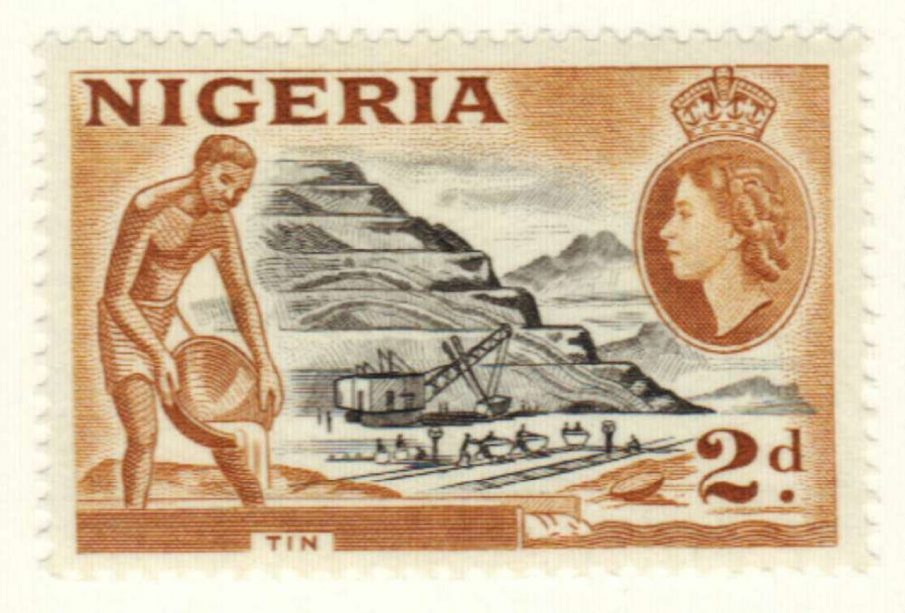Exploring the Current Landscape of Nigeria in 2023

Introduction
Nigeria, Africa’s most populous country and one of its largest economies, has been a focal point for various social, political, and economic developments. Understanding current events in Nigeria is essential as they not only affect the country but also have broader implications for West Africa and beyond.
Political Climate
The political scene in Nigeria has been ignited by the recent general elections held in February 2023. Presidential candidates from the major parties, including Bola Ahmed Tinubu of the ruling All Progressives Congress (APC), Atiku Abubakar of the People’s Democratic Party (PDP), and a fierce third-party challenge from Peter Obi of the Labour Party, were vying for control. The elections were marred by allegations of fraud and violence, leading to widespread protests. Despite the challenges, the new administration is pushing forward with various reforms aimed at improving governance and accountability, which many observers see as crucial for stabilising the country.
Economic Developments
Nigeria’s economy, heavily reliant on oil exports, is facing several challenges. The fluctuations in global oil prices, worsened by geopolitical tensions, have put pressure on the Naira, leading to inflation rates nearing 22%. In response, the Central Bank of Nigeria implemented new monetary policies aiming to stabilise the currency while promoting local production to reduce dependency on oil. Recent investments in the agricultural sector, digital technology, and renewable energy have started to show promise, as the government seeks to diversify its economic base.
Social Issues
Social issues such as security concerns, particularly from terrorist groups like Boko Haram and ongoing inter-ethnic conflicts, continue to plague Nigeria. In response, the government has stepped up military efforts and community engagement strategies, but the situation remains complex. Additionally, the country is working to address gender equality and youth unemployment, which are critical to ensuring a brighter future for its approximately 200 million citizens.
Conclusion
Nigeria’s current landscape is defined by its political dynamics, economic pressures, and social challenges. As the nation navigates these complexities, it becomes imperative for both local and international communities to engage constructively with Nigeria. Continued resilience and reform can potentially lead to a more stable, prosperous future, not only for Nigeria but for the entire West African region. Observers are hopeful that with the right strategies, Nigeria can transform its challenges into opportunities for growth and unity.







